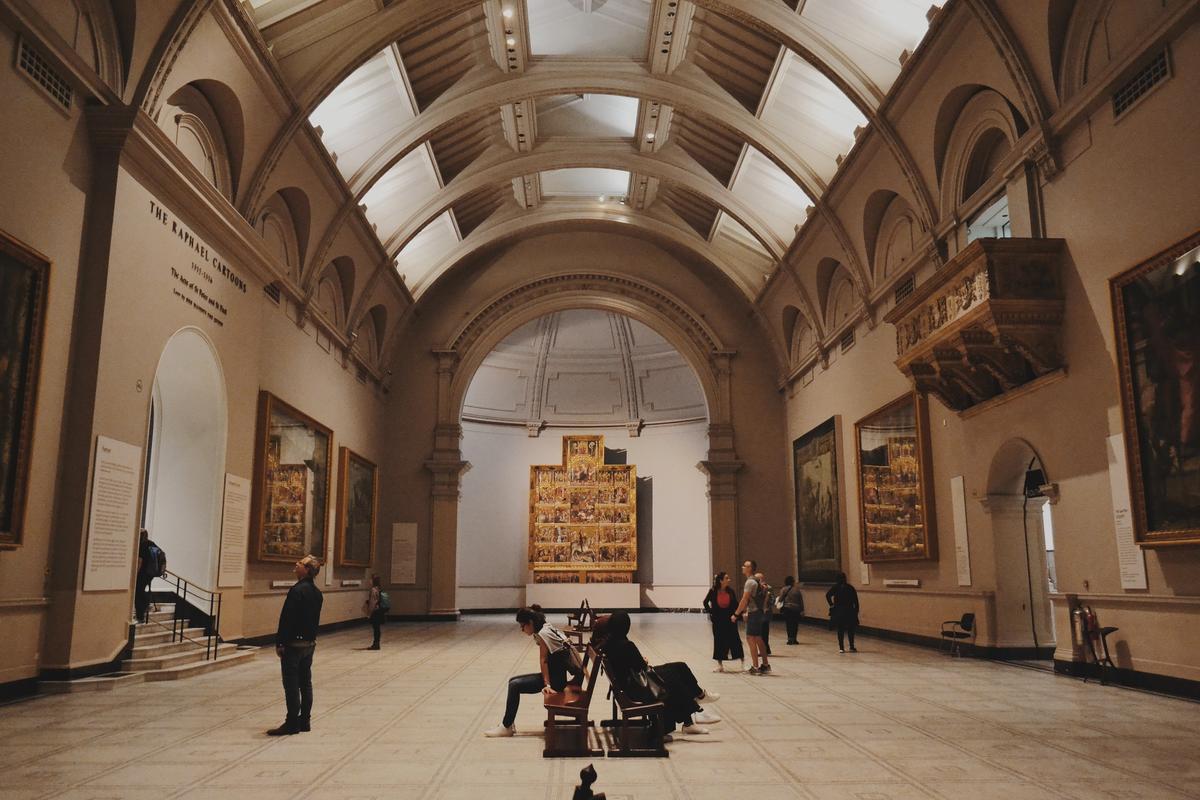Despite euphoria over the UK government’s coronavirus £1.57bn rescue package for the arts, it remains unclear how museums will fare. A government statement describes last night’s news as “the biggest ever one-off investment in UK culture”.
The announcement promises that there will be “£100m of targeted support for the national cultural institutions in England and the English Heritage Trust”. These cultural institutions are those funded directly by the Department for Digital, Culture, Media and Sport (DCMS)—the 15 national museums, the British Library and the British Film Institute. In addition, English Heritage, which cares for historic buildings, will also get a share.
So although most of the £100m will go to national museums, a significant and undisclosed sum is for English Heritage.
Ian Blatchford, chairman of the National Museum Directors’ Council, describes the announcement as “welcome news for the museum sector, both in the scale of funding and as a strategic commitment to our role in the life of the country”.
In the financial year 2018/19 the self-generated income of national museums amounted to £289m. Blatchford estimates that they may lose half this revenue in the 2020 calendar year because of the coronavirus closures and reduced visitor numbers after reopening. This would represent a loss of very roughly £145m.
With the other organisations taking the lesser part of the £100m rescue money, the emergency assistance is likely to make up roughly half the losses suffered by the national museums. This is a reasonable government contribution, although the museums will still remain under great financial pressure.
The bulk of the full £1.57bn rescue package will go to cultural organisations through a mix of grants and loans—much of it channelled through Arts Council England. Some Arts Council money will support independent and local authority museums and the visual arts.
It is not yet clear to what extent the emergency funding will help cover losses of non-national museums and the visual arts sector, however, the bulk will rightly be for music and the performing arts, which have been hit particularly badly hit by coronavirus.
Although museums are about to start to reopen, with the National Gallery paving the way on Wednesday, theatres and concert halls are obviously in a much more vulnerable situation. Even if social distancing is reduced from two metres to one metre, it is simply not economic to resume performances with drastically reduced ticket income.
Further details on assistance for the arts may be revealed when Rishi Sunak, the chancellor of the exchequer, presents his summer statement on Wednesday.


